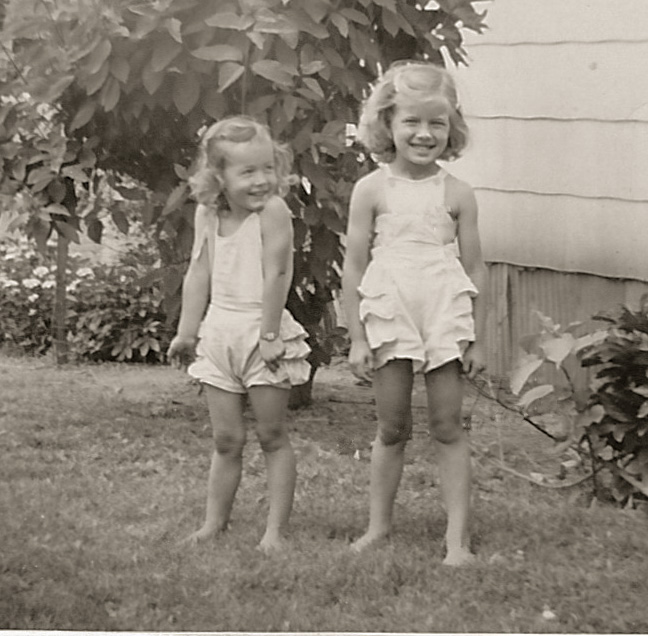Hornswoggle
 Some of us hornswoggle. Others of us get hornswoggled. I don’t know about you, but I belong in the second category.
Some of us hornswoggle. Others of us get hornswoggled. I don’t know about you, but I belong in the second category.
I am gullible from head to toe. Just ask my sister. When we were children, she tricked me into washing dishes for her over and over again.
Can’t you see the fun oozing out of her little body? We still get good laughs from her tricks.
Hornswoggle means to trick or cheat.
Other words describe it as:
- Deceive
- Dupe
- Hoax
- Bamboozle
- Swindle
- Hoodwink
Many hornswoggle experiences are harmless.
No one gets hurt. Laughter usually follows.
- Surprise parties
- Jokes
Enjoy those times.
However, other experiences cause great harm.
- Scams and other money schemes
- Relationship deceit
Watch out for snakes in the grass who hurt others with their deceptive ways.
The greatest harm comes from religious deceit.
Religious wolves in sheep’s clothing pretend to be someone or something they are not. They look and sound harmless but lead people the wrong way.
We want to be sure we follow the right path in life. We also want to direct others to it. Follow Jesus, “the way, and the truth, and the life” (John 14:6 NIV).
“[Jesus] replied: “Watch out that you are not deceived. For many will come in my name, claiming, ‘I am he,’ and, ‘The time is near.’ Do not follow them” (Luke 21:8 NIV).
Thanks to Jonna J. LeVan for the idea. Read how her son hornswoggled her on Tracy Crump’s Caregiver Corner.
Do you have an expression you want explained or a thought about this one? If so, please comment below.
Subscribe to receive my weekly posts by email and receive a free copy of “Words of Hope for Days that Hurt.”
If you enjoyed this post, please share it with your friends.


 We can put lipstick on a pig, but it is still a pig.
We can put lipstick on a pig, but it is still a pig. You made your bed, you must lie in it has nothing to do with making a bed. The expression focuses on behavior.
You made your bed, you must lie in it has nothing to do with making a bed. The expression focuses on behavior. Some people stay cool as a cucumber.
Some people stay cool as a cucumber. Chickens come home to roost.
Chickens come home to roost. If someone pays us by check, we take it to the bank. The check promises money.
If someone pays us by check, we take it to the bank. The check promises money. My sister-in-law recently described a pie to die for. She told how it:
My sister-in-law recently described a pie to die for. She told how it: When we want to check if something happened, we look in the books.
When we want to check if something happened, we look in the books.